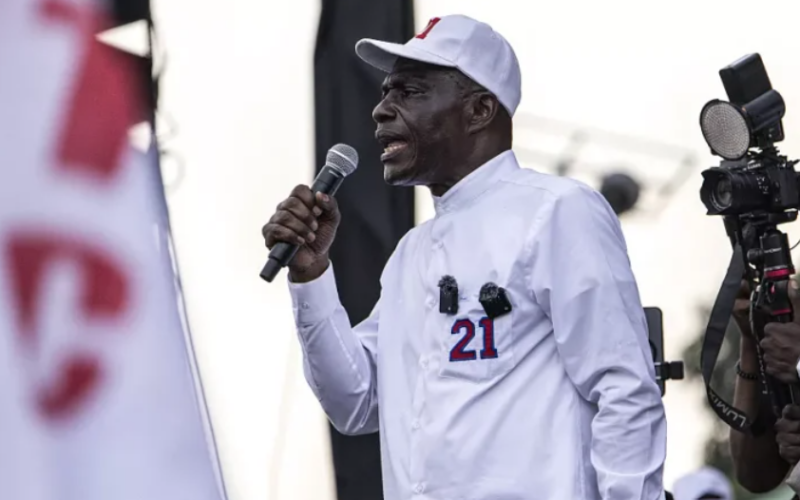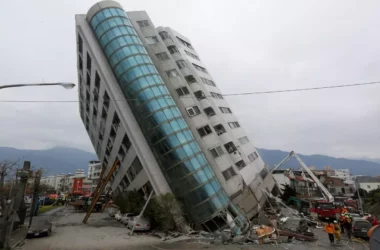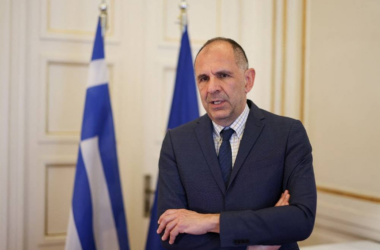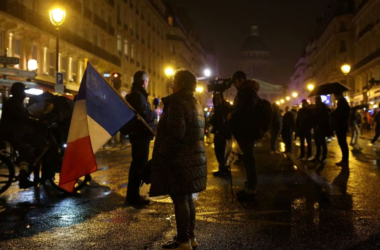The general elections held in the Democratic Republic of Congo (DRC) on December 20 have sparked criticism from opposition leader Martin Fayulu, who denounces what he perceives as a violation of the electoral law by the electoral commission CENI. Fayulu expressed concerns about irregularities in the election process, pointing to issues such as delays, incomplete voter participation, and logistical challenges.
In a statement to Africanews on December 21, Fayulu, the leader of the ECIDE party, criticized the organization of the elections by CENI. He highlighted that not all Congolese citizens holding voter cards were able to cast their votes, emphasizing the importance of adherence to the electoral law.
Fayulu pointed out specific violations, stating that election materials did not arrive on time at various polling stations, including those in Kinshasa. He stressed that the electoral law mandates elections to be conducted on a public holiday or Sunday, within a single day. Fayulu expressed concern about the extension of voting times, which he believes violates the electoral law, and noted that some polling offices in Kinshasa still lacked necessary machines.
The chaotic rollout and logistical challenges during the voting process have raised concerns about the credibility of the election results. Fayulu’s critique echoes worries that the hurdles faced during the elections may impact the legitimacy of the outcomes.
Fayulu had contested the results of the 2018 elections proclaimed by CENI, claiming irregularities. The current president, Felix Tshisekedi, had been declared the winner. However, Fayulu’s recent accusations against Tshisekedi and CENI highlight a complex political landscape where historical tensions persist.
Fayulu clarified that his primary concern is not winning the election but ensuring the respect of the law and transparency in the electoral process. He emphasized a commitment to upholding the electoral law, the constitution, and the rights of every citizen. Fayulu outlined a strategy focused on seeking the truth from the ballot box and insisted that if another candidate legitimately wins, it would be accepted without contestation.
An observers’ mission established by the DRC’s main Christian churches reported that 31% of voting stations did not open on December 20. Furthermore, 41.5% of those that did open experienced disruptions due to dysfunctional voting machines.
As the situation unfolds, the concerns raised by Fayulu highlight the need for a thorough examination of the electoral process in the DRC. The impact of these concerns on the credibility of the election results remains a significant aspect to monitor in the evolving political landscape of the country.








